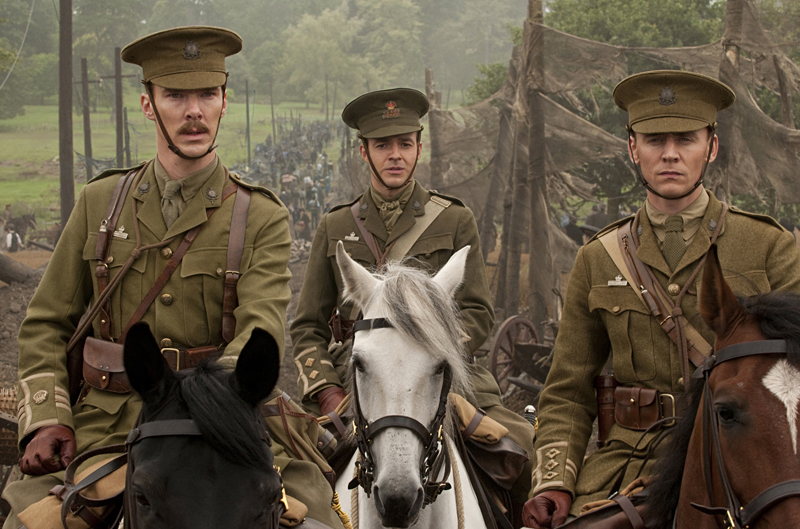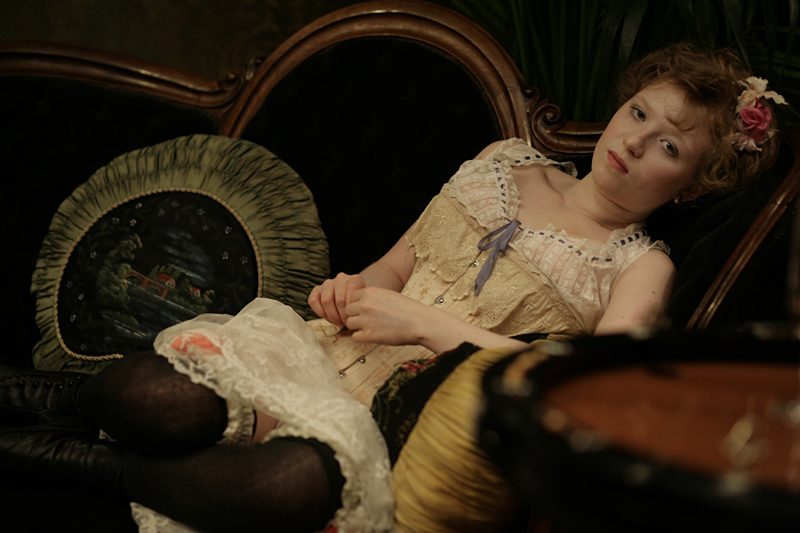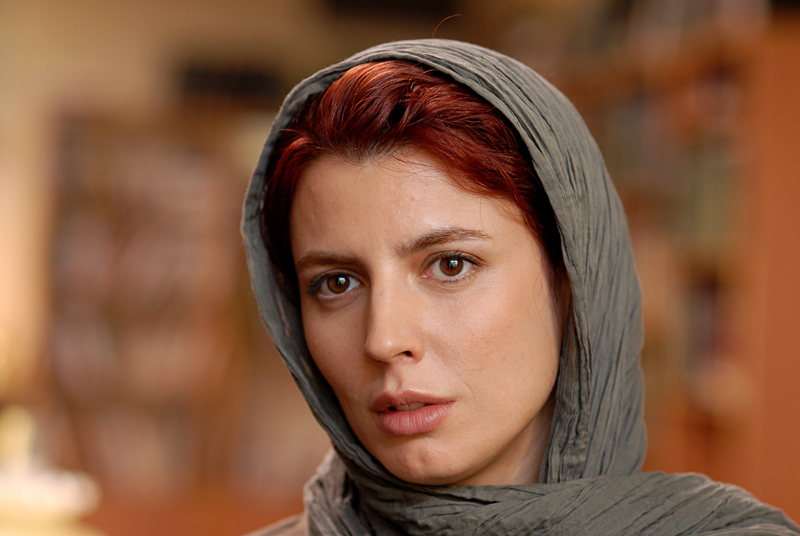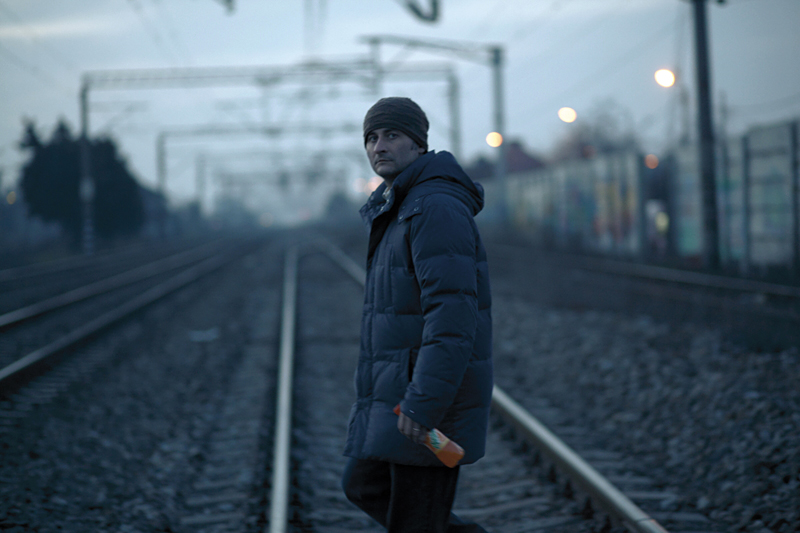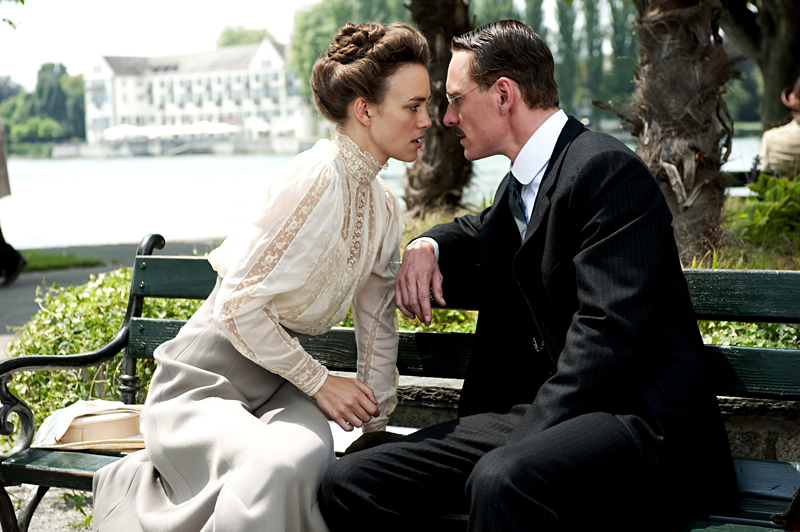A doggedly overwrought production less felt than facile, Steven Spielberg’s War Horse is an essentially uninvolving prestige adaptation. It might be perverse to accuse a tearjerker as accomplished as Spielberg of being unfeeling. But the overcalculation with which he mechanically trots out one of his most familiar tropes for what amounts to a generic Disney animal story seems to preclude any but the most hackneyed emotion. What catastrophe cannot be Spielbergized? No less than Schindler’s List, Saving Private Ryan, and (more entertainingly) War of the Worlds, War Horse finds the silver lining of individual salvation in one of modern history’s darkest thunderclouds—namely the wholesale, pointless slaughter of World War I. Millions die, but . . . you don’t need me to tell you how this massive capital investment ends.
Opening on Christmas Day, War Horse is hardly without ambition. As the English country lad Albert (Jeremy Irvine) bonds with the beloved, half-thoroughbred steed he has named Joey and—once the horse is conscripted by the British army—follows into the hellish vortex of Flanders Field, Spielberg seeks to represent the horror of modern combat in human (or at least mammalian) terms. But since he’s a director largely incapable of understatement, War Horse is served with a self-aggrandizing, distracting surplus of Norman Rockwell backlighting, aerial landscape shots designed to out-swoop David Lean’s, and an aggravated sense of doggone wonderment amplified by the director’s dependence on John Williams’ bombastic score. Dialogue is superfluous; in its way, War Horse is as much a “silent movie” as The Artist. Every triumph is pounded into your head and punctuated by a dolly-in close-up.
“Who is this movie for?” a colleague muttered shortly before bailing. War Horse is based on Michael Morpurgo’s 1982 young-adult novel, itself the basis for the National Theatre of Great Britain’s virtuoso, multiple-Tony winning, fearfully expensive puppet show. I found the play brilliantly staged and dramatically inert, and, as written by Lee Hall (Billy Elliot) and Richard Curtis (Bridget Jones’s Diary), the cinematic War Horse is even more simpleminded and inspirational than the stage production, eliminating or smoothing over its major conflicts—notably improving the character of Albert’s feckless father (Peter Mullan), no longer a coward but an unappreciated war hero who purchases Joey in a fit of drunken bravado directed against not his more successful brother but a greedy landlord. (The play War Horse derives its power from its abstract “life-like” puppets. Here, the horse isn’t anthropomorphized so much as the humans are, notably the hyper-animated French grandpa played by Niels Arestrup as though auditioning to understudy one of Snow White’s adorable li’l curmudgeons.)
Being a movie, Spielberg’s War Horse is inevitably more graphic than the show—though its battlefield scenes are far less gory than Private Ryan‘s stunning D-Day overture. The run-up to war affords the director some spectacular flourishes even as it broadens Joey’s horizons. The horse is purchased by a friendly officer, meets and bonds with another stallion, Topthorne, and leads a surprise cavalry attack on the Germans, an exciting rout that, like several other moments, suggests Spielberg should make a real horse opera. Joey is the first-person narrator of Morpurgo’s novel. The movie doesn’t go that far, but it tracks the horse through his own war—several times captured by and escaping from the Germans as he and his buddy Topthorne are used to pull field ambulances or haul artillery. Meanwhile, Albert is in the trenches, still babbling about his lost Joey, as he and his comrades go over the top.
Following a dumb brute on its arduous journey from master to master (most of whom perish), War Horse has an unavoidable similarity to Robert Bresson’s sublime Au Hasard Balthazar. Indeed, the sequence in which Joey—like Bresson’s donkey—is adopted by a willful, unlovable French peasant girl suggests the parallel might have occurred to Spielberg. The difference is not solely a matter of Bresson’s ascetic restraint and Spielberg’s shameless schmaltz, or Bresson’s tragic sense of life and Spielberg’s unswerving belief in the happy ending. Abused witness to all manner of enigmatic human behavior, Balthazar is pure existence; Joey is an abstraction. Had Spielberg elected to show war (or life) from Joey’s perspective rather than use the horse as the war’s protagonist, the movie could have been truly terrifying. Instead, its most impressive passage is pure digital delirium as an animated Joey runs free across the CGI battlefield, jumps over trenches, rears up under the full moon, pulls down the barbed wire, and collapses in no man’s land.
That Joey! Uniting doughboys and officers, children and adults, the Brits and the Bosch, mending broken hearts, and restoring eyesight to the blind, this indomitable horse does not reproach humanity. Embodying what his creators take to be our best, most selfless and enduring instincts, he justifies it.
